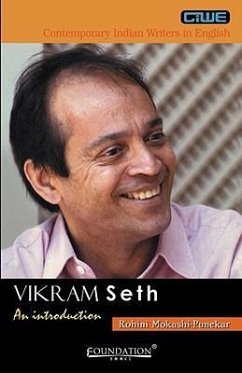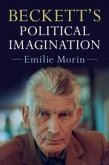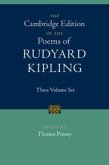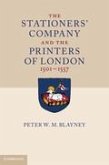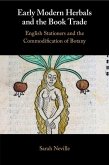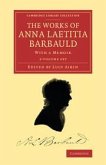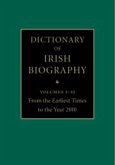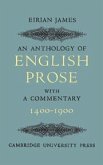Contemporary Indian Writers in English (CIWE) is a series that presents critical commentaries on some of the best-known names in the genre. With the high visibility of Indian Writing in English in academic, critical, pedagogic and reader circles, there is a perceivable demand for lucid yet rigorous introductions to several of its authors and genres. The CIWE texts cater to a wide audience - from the student seeking information and critical material on particular works to the general, informed reader who might want to know a little more about an author he/she has just finished reading. Cast in a user-friendly format and written with a high degree of critical and theoretical rigour, the texts in the series will provide astute, accessible, informed entry-points into a wide range of works and writers. CIWE, we hope, will further strengthen the interest in and readership of one of the most significant components of world literatures in English. Vikram Seth is one of the most celebrated authors in Indian Writing in English today. With the complexity and depth of his work and his significant achievements in prose as well as verse, Seth has proved the master of the English language. Seth's many themes and concerns, from land ceiling in post-Independence India to Western classical music to relationships, all cast in formally perfect prose or poetry, have gained him a formidable reputation as a stylist and a perfectionist. Rohini Mokashi-Punekar's thorough study works its way through the many forms, themes and styles of Seth's verse and prose. It pays attention to both form and content, and presents a comprehensive study of Seth's oeuvre. Linking plot, characterization and theme in a densely textured analysis and close reading, Mokashi-Punekar opens to students and readers a gateway to Seth's world.
Hinweis: Dieser Artikel kann nur an eine deutsche Lieferadresse ausgeliefert werden.
Hinweis: Dieser Artikel kann nur an eine deutsche Lieferadresse ausgeliefert werden.

